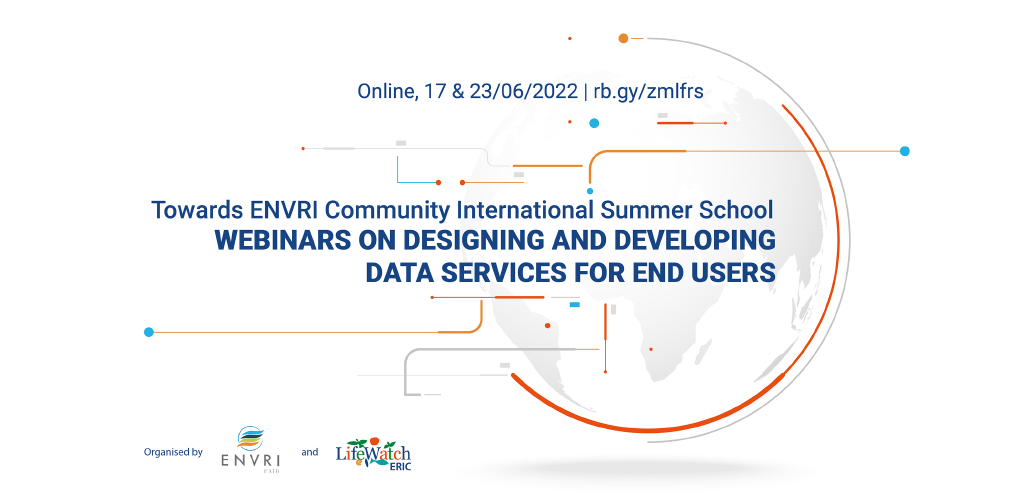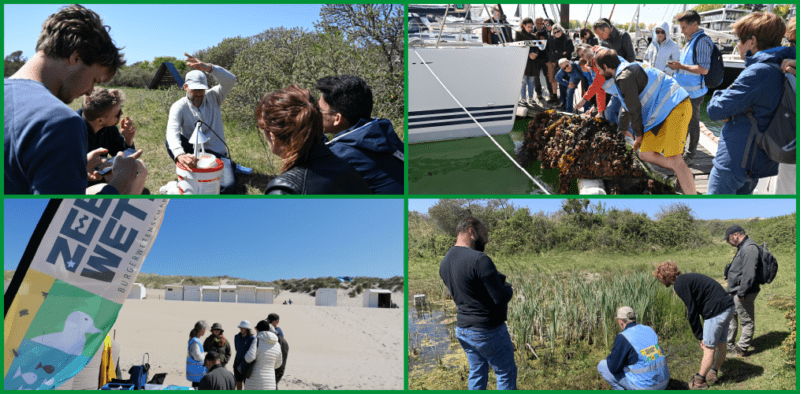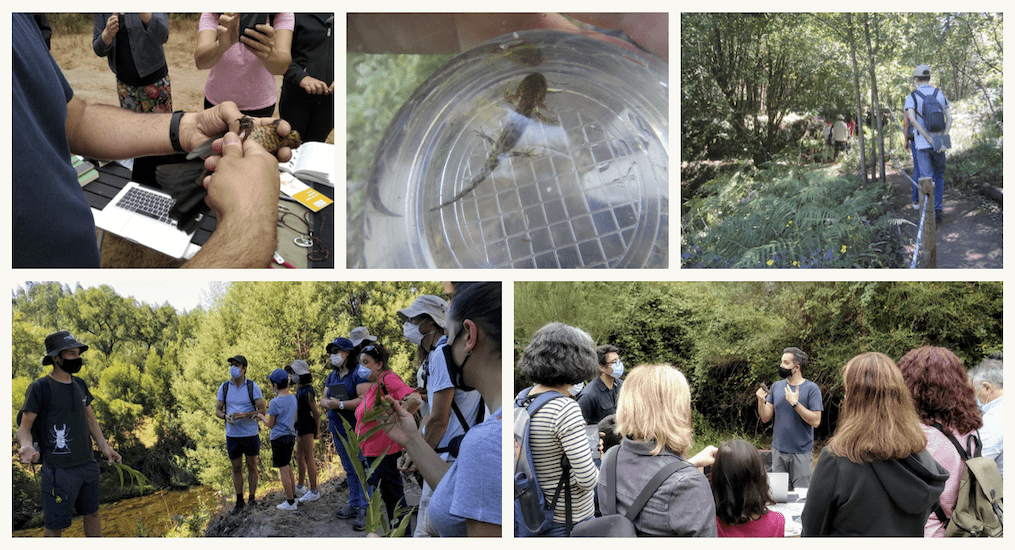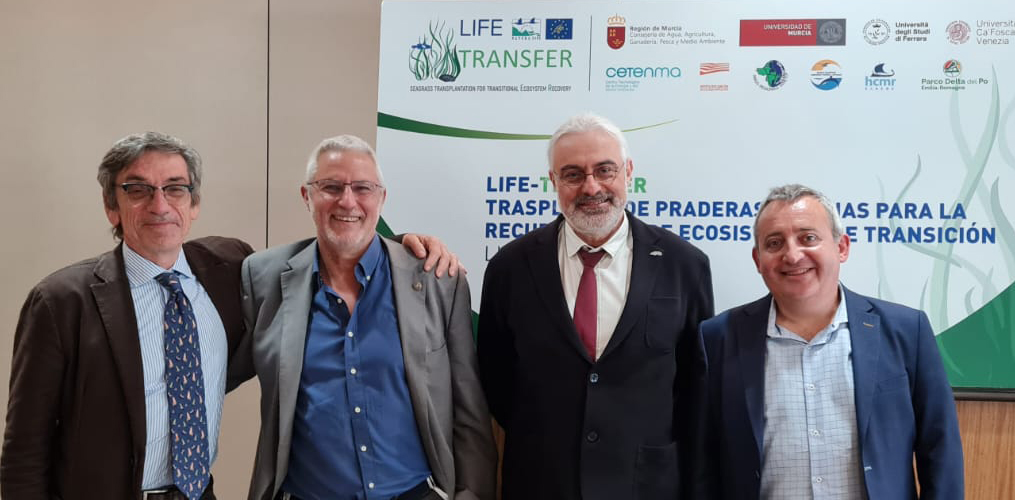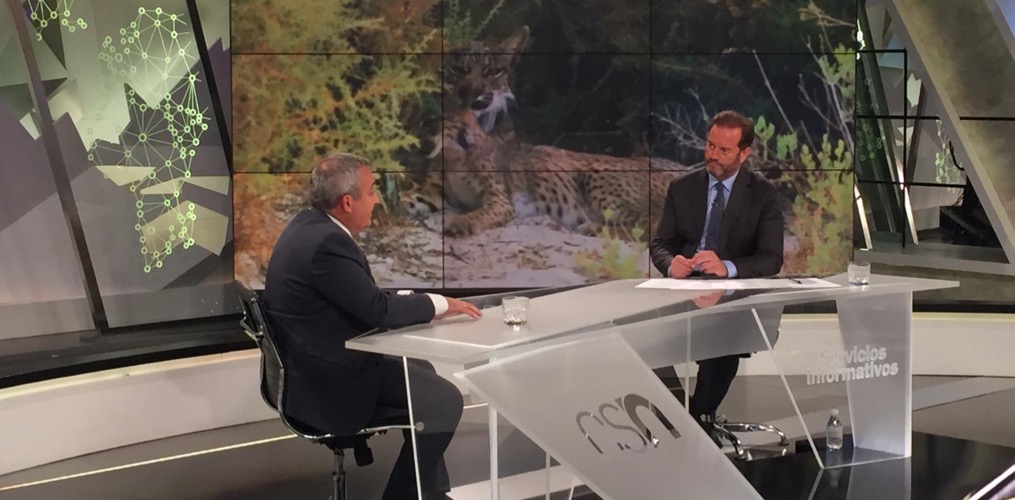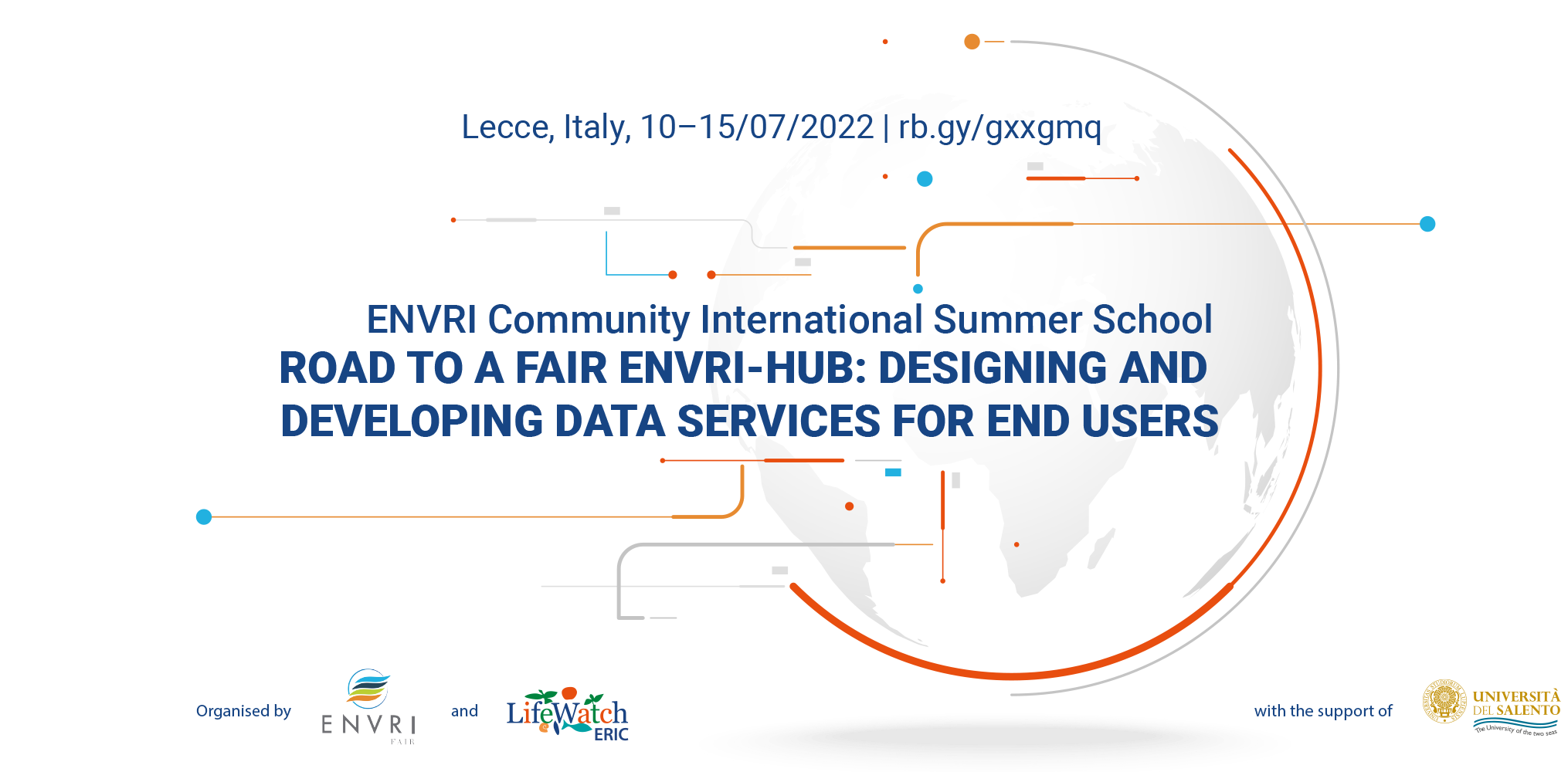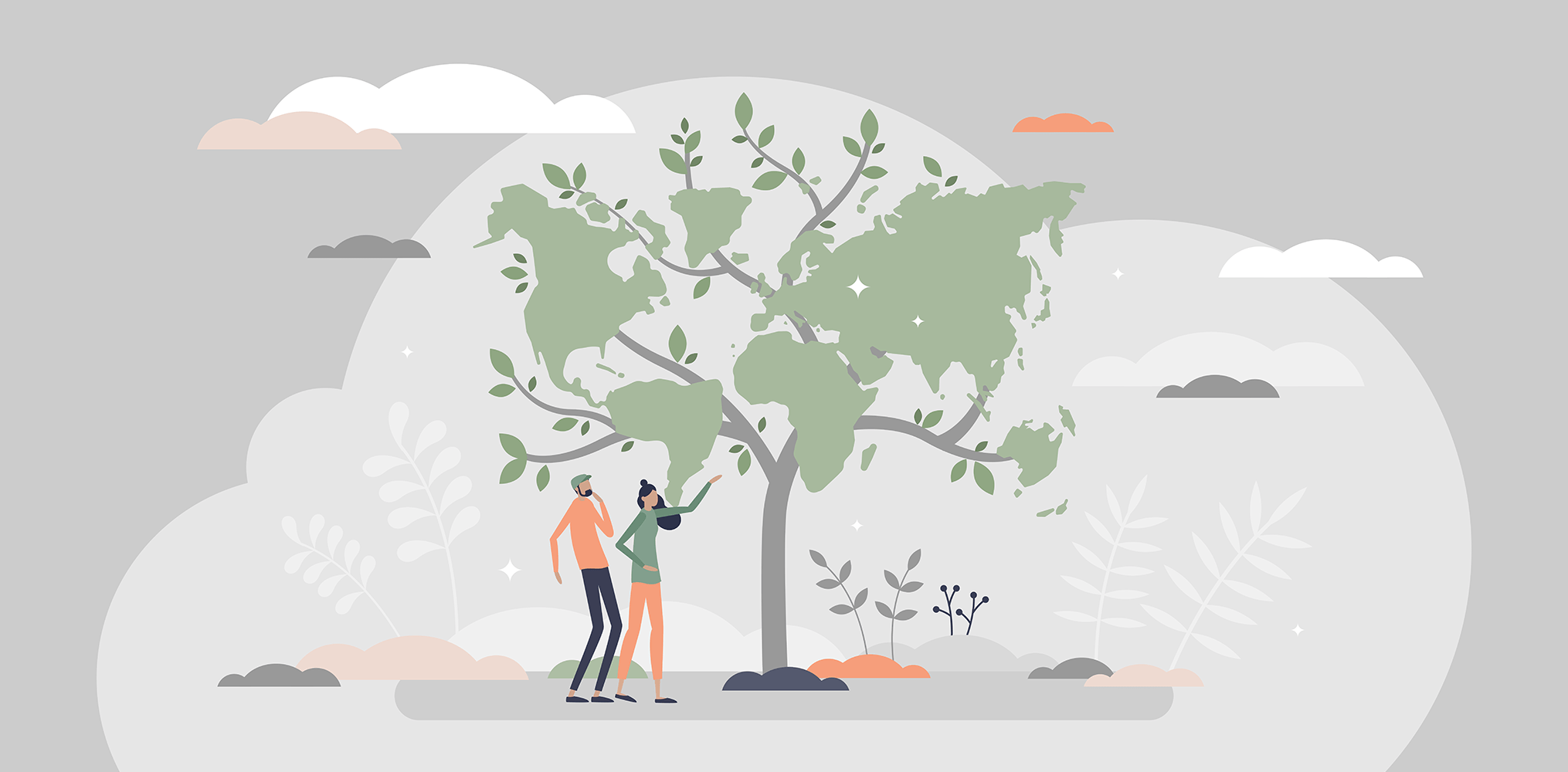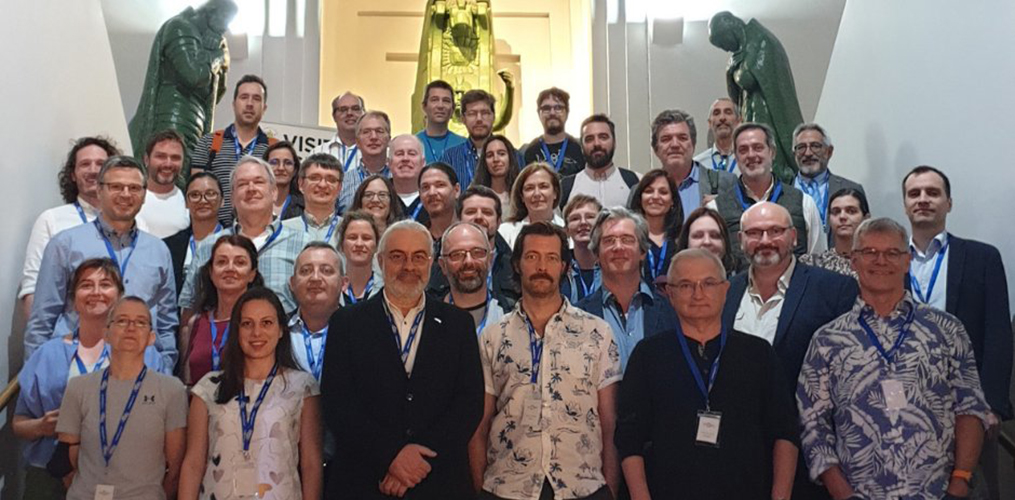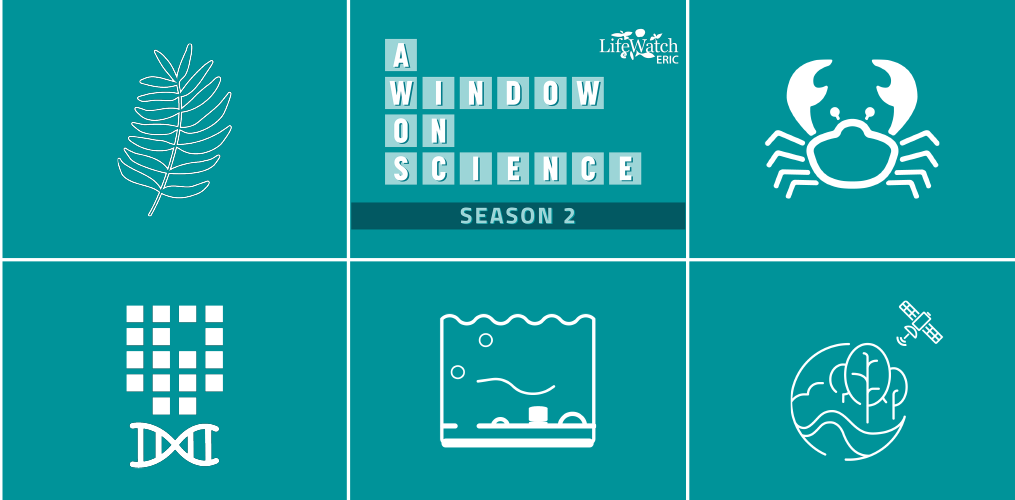In the run-up to the ENVRI Community International Summer School in July, LifeWatch ERIC and ENVRI-FAIR will be organising two webinars on “Designing and Developing Data Services for End Users”. Participation in the webinars can be in preparation for the School or as stand-alone sessions, for those who cannot attend the School, or those who are still considering registering. For more information on the ENVRI Community International Summer School “Road to a FAIR ENVRI-Hub: Designing and Developing Data Services for End Users”, please visit the dedicated minisite.
The webinars are particularly aimed at IT architects, Research Infrastructure (RI) service developers and user support staff, and RI staff working on user interaction and community/network building. Links to the sessions will be provided upon registration.
Webinar #1: Service validation & evaluation: making sure your services are up to the task
Date
Friday 17 June, 10:00-11:30 CEST
Where
Zoom (link to be provided upon registration)
Programme
- Validating services & assessing their TRL – Mark van de Sanden (SURF)
- Service evaluation: why & how – Yin Chen (EGI)
- Evaluating ENVRI services: experiences from the ENVRIplus – Maggie Hellström (ICOS)
- Q&A and general discussion – plenary
Webinar #2: Service documentation & tutorials: rolling out the red carpet for end users
Date
Thursday 23 June, 10:00-11:30 CEST
Where
Zoom (link to be provided upon registration)
Programme
- Writing effective service documentation for EUDAT services – Rob Carrillo (EUDAT) & Chris Ariyo (EUDAT/CSC)
- Service tutorial design: experiences from EOSC Synergy – Helen Clare (Jisc)
- Using Jupyter Notebooks to introduce services to “new” end users – Maggie Hellström (ICOS)
- Q&A and general discussion – plenary
